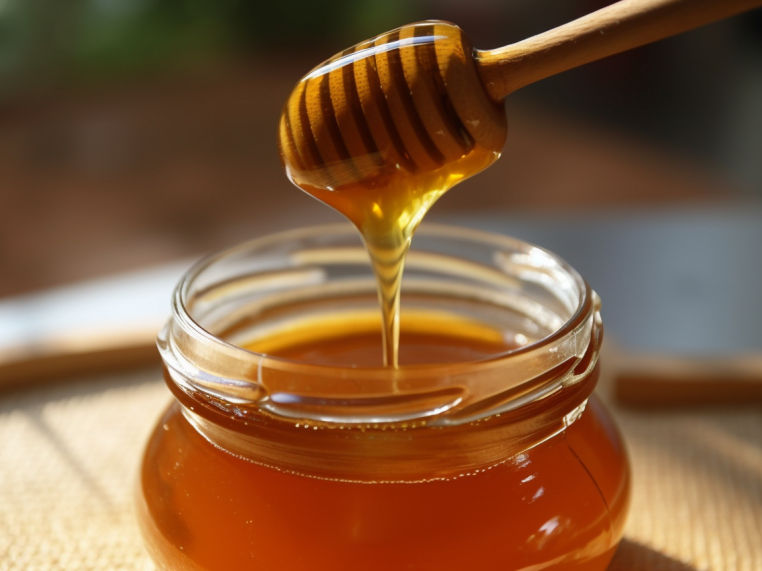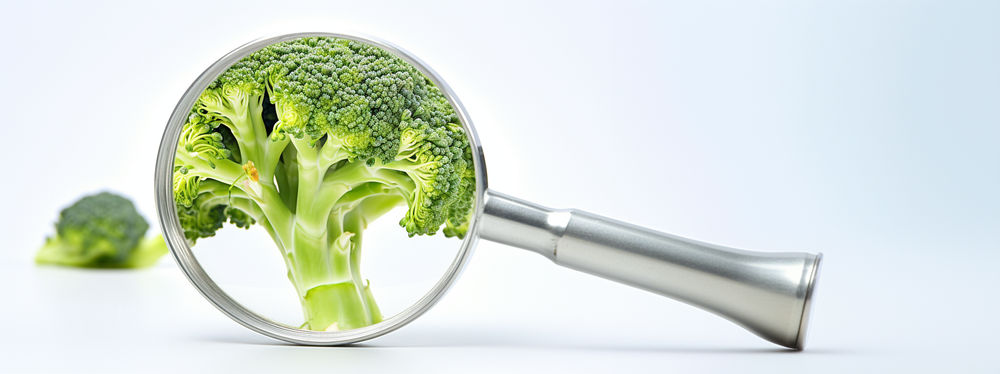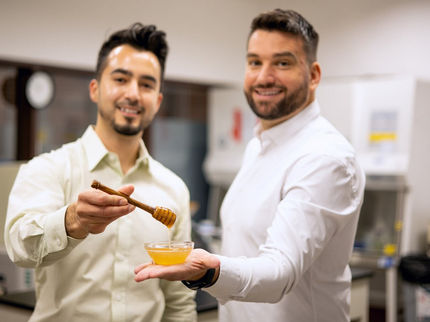EU report: every second imported honey may be fake
foodwatch calls for better controls
Advertisement
After the EU Commission's laboratory results on counterfeit honey became known, the consumer organization foodwatch called on the responsible authorities in Germany to improve their controls against food fraud. Because state laboratories used outdated analytical methods, most counterfeit honey remained undetected, foodwatch criticized. On behalf of the European Commission, the Joint Research Centre (JRC) laboratory had used a more modern methodology to find sugar syrups from rice, wheat or sugar beet, among others, in 46 percent of 320 honey samples. This is prohibited under EU law. Half of the 32 samples taken in Germany are also suspected of being counterfeit.

Computer generated picture
"If you buy honey, you get honey - this certainty is unfortunately not a matter of course in Europe: consumers:inside have been buying fake honey in supermarkets for years without knowing it," explained Chris Methmann, managing director of foodwatch Germany. "The fraudsters:inside shamelessly exploit the gaps in food monitoring. Only with more modern analytical methods can control authorities detect counterfeits and ensure that they disappear from the market." foodwatch called on the relevant authorities to upgrade their laboratories to the latest analytical methods.
At 46 percent, the rate of counterfeits is about three times higher than during the last EU inspection report in 2017, when the proportion of rejected samples was only 14 percent. One possible reason: in the past, the fraudsters diluted the honey with sugar syrups made from corn starch or sugar cane. Now, however, they use syrups made mainly from rice, wheat or sugar beets - a fraud that is currently technically undetectable by most laboratories.
The honey scam is lucrative: on average, honey imported into Europe costs 2.17 euros per kilo, while sugar syrups made from rice cost between 0.40 and 0.60 euros per kilo. The EU imports 175,000 tons of honey annually from third countries. This makes the EU the second largest importer of honey in the world after the United States - covering 40 percent of consumption. foodwatch estimates that 80,000 tons of counterfeit imported honey are sold in the EU every year. However, since fraud also takes place within the EU, the total amount of banned honey in European trade is significantly higher, it said.
Note: This article has been translated using a computer system without human intervention. LUMITOS offers these automatic translations to present a wider range of current news. Since this article has been translated with automatic translation, it is possible that it contains errors in vocabulary, syntax or grammar. The original article in German can be found here.
Other news from the department business & finance
Most read news
More news from our other portals
See the theme worlds for related content
Topic world Food safety
Food safety is at the heart of the food and beverage industry. It ensures that the food we eat every day is not only nutritious, but also free of harmful contaminants. From field to plate, the industry monitors and regulates every step of the process with strict quality controls, advanced testing methods and continuous research.

Topic world Food safety
Food safety is at the heart of the food and beverage industry. It ensures that the food we eat every day is not only nutritious, but also free of harmful contaminants. From field to plate, the industry monitors and regulates every step of the process with strict quality controls, advanced testing methods and continuous research.























































